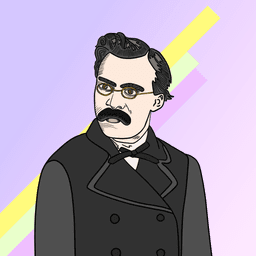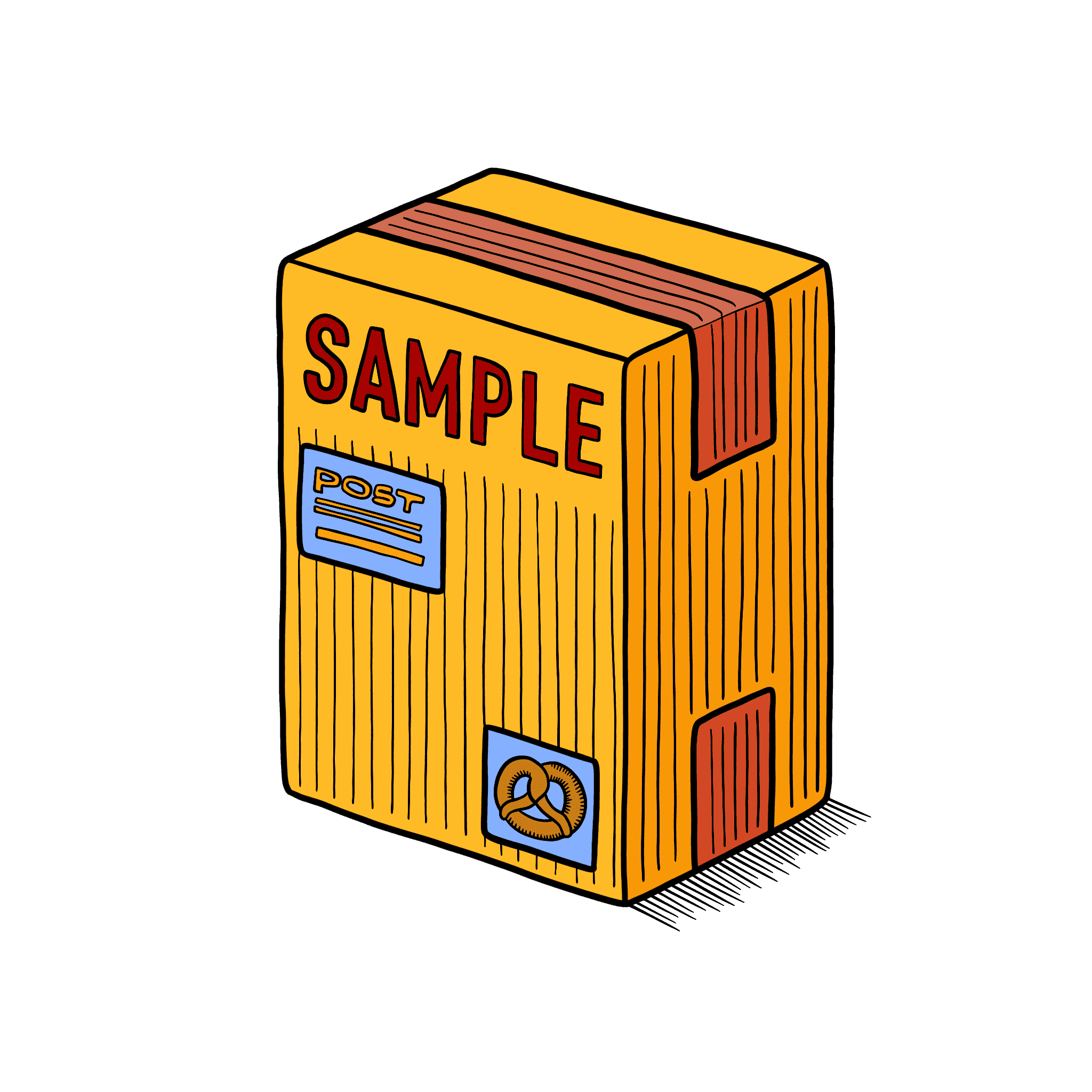Sein vs. Werden
Learn the difference between "werden" and "sein" in German, two verbs that express different types of actions and states.
German is a language with a complex grammar, and learning it can be challenging. One of the most important aspects of German grammar is understanding the difference between "werden" and "sein" verbs. In this blog post, we will explore the differences between these two verbs and how to use them correctly.
Werden
The "werden" verb is a modal auxiliary verb that is used to express the future tense in German. It is also used to form the passive voice in German. Here are some examples of how to use the "werden" verb in German:
I will go to the cinema tomorrow.
The book will be read by me.
You will be invited to the party.
As you can see from the examples, "werden" is used to express the future tense and to form the passive voice in German. It is an important verb to learn, and using it correctly can greatly improve your German language skills.
Sein
The "sein" verb, on the other hand, is used to express the present tense and past tense in German. It is also used to express identity and possession in German. Here are some examples of how to use the "sein" verb in German:
I am a student.
He was at home.
She is my sister.
As you can see from the examples, "sein" is used to express the present and past tense and to express identity and possession in German. It is an important verb to learn, and using it correctly can greatly improve your German language skills.
Using "werden" and "sein" correctly
Using "werden" and "sein" correctly in German can be challenging, but it is important to learn how to use them correctly. Here are some guidelines to help you use "werden" and "sein" correctly:
Use "werden" to express the future tense and to form the passive voice in German. Use "sein" to express the present and past tense and to express identity and possession in German. Remember that "sein" is an irregular verb, and its conjugation must be memorized. Always pay attention to the context when using "werden" and "sein" in German.
In this dialogue, you can see how "werden" is used to express the future tense in German. Layla uses "werden" to talk about her plans to go to the cinema, and Peter uses "werden" to express his willingness to go with her.




